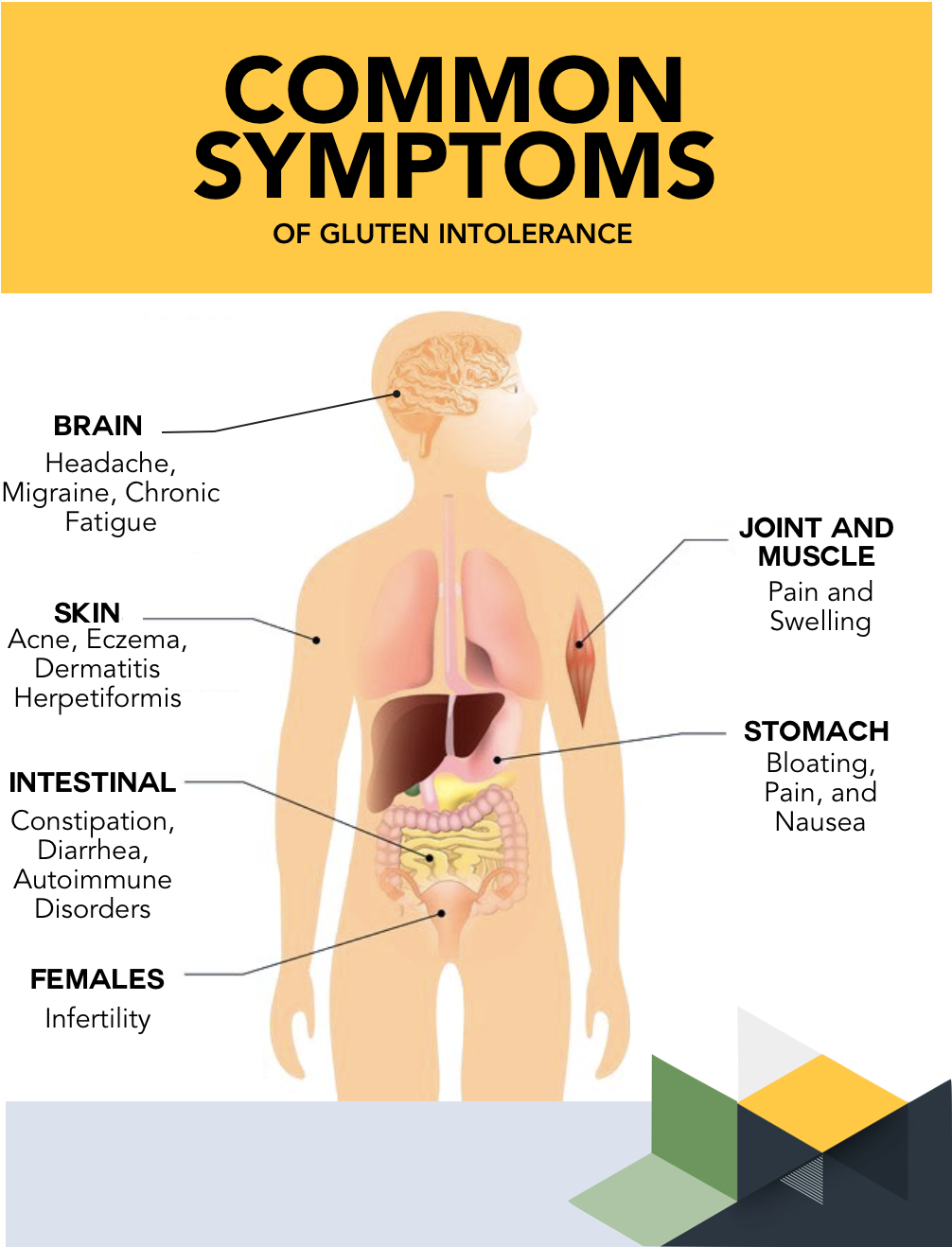Gluten allergy: What is it and how to manage it
Gluten is a protein found in wheat, rye, and barley. It is what gives bread its chewy texture and pasta its elasticity. For most people, gluten is harmless. However, for some people, gluten can cause a variety of health problems, including celiac disease, gluten intolerance, and wheat allergy.
An autoimmune condition called celiac disease harms the small intestine when gluten is consumed. After consuming gluten, people with gluten intolerance have digestive issues such bloating, gas, and diarrhea. A real allergic reaction to wheat might result in hives, swelling, and breathing difficulties.
Symptoms of gluten allergy
The symptoms of gluten allergy can vary from person to person. Some of the most common symptoms include:
Digestive problems, such as bloating, gas, diarrhea, constipation, and abdominal pain
- Fatigue
- Headaches
- Skin problems, such as eczema and hives
- Joint pain
- Mouth sores
- Weight loss
- Anemia
- Depression
- Anxiety
It's crucial to consult your doctor if you feel any of these after consuming gluten. They can assist you in determining whether you are gluten-allergic and in creating a treatment strategy.
Allergy to gluten identified:
A single test cannot be used to identify gluten allergy. Your medical history and current symptoms will be discussed with your doctor. Additionally, they could ask for feces and blood tests. Your doctor might also request a small intestinal biopsy if they have a suspicion that you have celiac disease.
Treatment for gluten sensitivity:
Avoiding gluten is the only method to treat a gluten sensitivity. All foods containing wheat, rye, or barley must be avoided. People with celiac disease must adhere to a gluten-free diet for the rest of their lives because there is no known cure.
Managing gluten sensitivity.
It might be difficult to manage a gluten allergy, but it's crucial to realize that you're not alone. You can get help from a variety of sources, such as support groups, websites, and recipes that are gluten-free.
Here are some suggestions for handling gluten sensitivity:
- Analyze food labels . Verify the ingredients on every product you consume. Steer clear of anything that contains wheat, rye, or barley.
- eat at establishments that have gluten-free menus. Nowadays, a lot of eateries have gluten-free menus. Call ahead and inquire about the available gluten-free options.
- Increase your home cooking. You can manage your food's ingredients in this way. Both online and in cookbooks, there are a ton of gluten-free cooking options.
- Be tolerant. A gluten-free diet may must some getting used to. You will be able to control your gluten sensitivity and have a healthy life, besides, with some time and effort.
Tips for following a gluten-free diet
Here are some tips for following a gluten-free diet:
- Pick foods that are gluten-free. Foods that are free of gluten include fruits, vegetables, meat, poultry, fish, eggs, dairy products, nuts, and fowl.
- Look for goods that have been confirmed to be gluten-free. Today, many products carry the gluten-free certification from groups like the Gluten Intolerance Group.
- With processed foods, use caution. Gluten is present in many processed foods. It's critical to read food labels and, whenever workable, pick gluten-free options.
Be mindful about contamination. When gluten-free food touches gluten-containing food, cross-contamination happens. This may take place in the kitchen, dining establishments, or even food packaging. Make sure to clean kitchen surfaces and keep gluten-free and gluten-containing meals apart to prevent cross-contamination.
living with a gluten sensitivity
Although managing a gluten allergy can be difficult, it's vital to keep in mind that you're not alone. You can get help from a variety of sources, such as support groups, websites, and recipes that are gluten-free. You may live a healthy and meaningful life even if you have a gluten allergy with careful preparation and control.


:max_bytes(150000):strip_icc()/surprising-signs-you-may-have-a-gluten-allergy-4147574_final-a5ba89e52afc4be98dcb6320d35a13fa.jpg)



Comments
Post a Comment